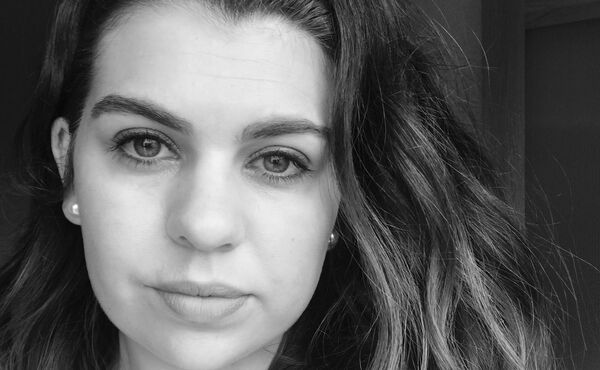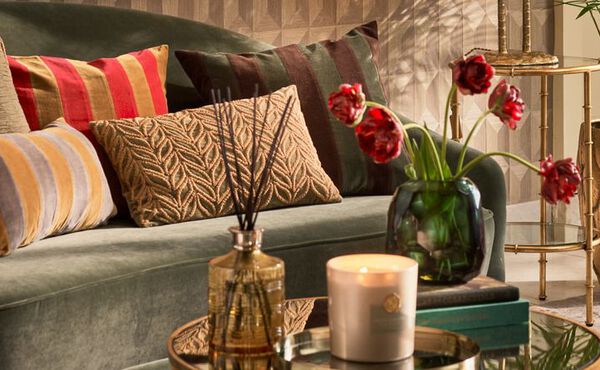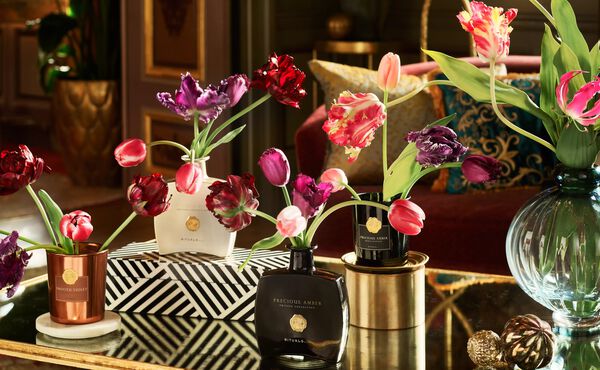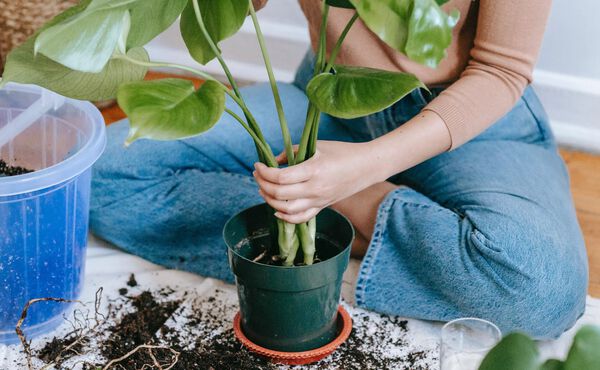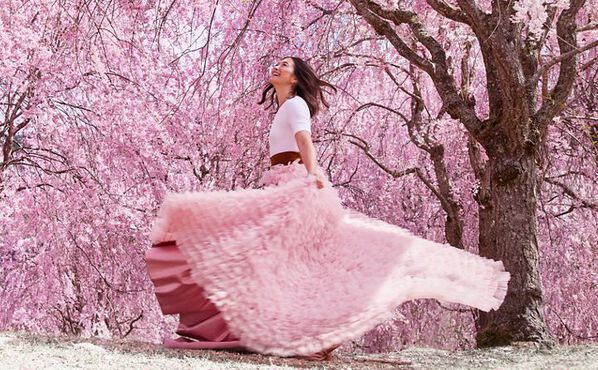Do you know which colours make you look your most radiant? Uncover the secret of colour seasons and learn how to choose hues that perfectly complement your natural beauty.
Just as what we choose to eat and the way we move our bodies has a powerful effect on how we feel, so too can what we wear. In particular, the colours we choose to wear. While some can make us feel energised, others can leave us feeling a little lacklustre. Particularly if we have concerns about what colours actually suit us best.
Luckily, the ‘what colour should I wear’ quandary is exactly where the colour season theory comes in. Rooted in colour psychology, seasonal colour analysis is based around the idea that our natural complexions align with one of four colour palettes; spring, summer, autumn or winter. Each seasonal palette has certain tones which best complement our hair, skin and eye colour, and can help to boost both our style credentials and confidence.
Keen to know more? Keep reading for expert tips on how to find your colour season, and easy ways to give your wardrobe a confidence boost.
.jpg?sw=600&sh=370&sm=fit&cx=0&cy=0&cw=728&ch=449&sfrm=jpg)
Understanding colour seasons
Let’s start with the origin story. The concept of colour seasons in fashion can be traced back to the 1920s. Artist and teacher Johannes Itten, a key figure at the Bauhaus School in Germany, observed that his students produced more harmonious designs when using colours that reflected their own natural tones. Fast forward to the 1980s, colour theorist Suzanne Caygill expanded the theory with principles of colour psychology, before colour consultant Carole Jackson wrote her influential book Colour Me Beautiful. The book popularised the idea of dressing in accordance with the spring, summer, autumn or winter palettes, based on your skin tone, hair and eye colour.
A spectrum of warm and cool tones, the seasonal palettes are designed to enhance our natural beauty and take the complexity out of deciding what to wear. “When you wear your best colours, your skin illuminates and you instantly look healthier and youthful – you walk taller, command the room and ooze confidence,” explains Jennifer Jones, founder of Jennifer Jones Styling.
“Discovering your best colours can be truly empowering,” she adds “You’re no longer second-guessing whether your colour choices are right for you; you’re getting it spot on every time. You’ll also no longer feel overwhelmed by all the choices out there, as you’ll be confident in what you need and how to spot it.”
Finding your colour season
According to Jones, who specialises in empowering women through personalised style advice, identifying your colour season is all about matching the palettes with your skin’s undertone and your features. A bit like finding the right foundation.
“Everyone can wear most colours, but it’s the shades and tones of those colours that really count,” she explains. “Try to avoid your opposite colour family, for example, stick to warm colours if you’re an autumn or spring, and cool colours if you’re a winter or summer.”
Use this quick guide to find your colour season.
SPRING
If you have a warm and bright appearance, you might be a spring. This season is characterised by warm undertones in the skin, which can range from pale with golden hints to deeper golden browns. Hair might be golden blonde, light auburn, or rich honey brown. Eyes could be clear blue, vibrant green, soft hazel with golden flecks, or light brown. If you find that soft, warm colours like peach, coral, and light moss green make you look fresh and vibrant, spring is likely your season.
Spring celebrities: Sonam Kapoor, Taylor Swift, Kerry Washington, Emma Stone
SUMMER
Summers have cool undertones and a soft, muted look with their overall colouring. Skin tones might be pale with a hint of pink, beige, or a soft brown with bluish undertones, often not tanning deeply. Hair can vary from cool blonde to soft browns. Eyes are typically cool and soft, like grey-blue, soft brown, or grey. If you shine in soft pastels, lavender, slate grey, and muted blues, you are probably a summer.
Summer celebrities: Gwyneth Paltrow, Rihanna, Awkwafina, Emily Blunt
AUTUMN
Autumns radiate with warm undertones and have a rich, earthy quality to their colouring. Skin can be creamy white, golden beige through to warm caramel, and olive, often with features like freckles. Hair is typically deep and warm in tones, such as deep chestnut, auburn, or black with warm highlights. Eyes might be rich brown, hazel, or olive green. If earthy tones like burnt orange, olive green, and golden browns bring out your radiance, autumn is your colour season.
Autumn celebrities: Beyonce, Eva Longoria, Mindy Kaling, Victoria Beckham
WINTER
Winters exhibit cool undertones and have a high contrast between their hair, eyes, and skin tone. Skin might be porcelain, olive, or dark; winters do not tan easily, and their skin might contrast sharply with their hair. Hair is typically dark, like deep brown or black, or very light silver or pale blonde. Eye colours are often bold and clear, such as deep brown, black, or striking grey. If you look compelling in bold colours like navy, stark white, or intense red, then winter is your season.
Winter celebrities: Lucy Liu, Courtney Cox, Lupita Nyong’o, Priyanka Chopra
HOW TO WEAR YOUR COLOUR SEASON
Okay, so you’ve identified your colour season, now it’s time to start dressing in the tones that’ll boost your natural radiance. “Colour is most important when it’s near your face, so consider introducing your season colours via tops and accessories such as jewellery, scarves or hats. And don’t forget makeup - a lipstick in one of your best colours can be your best accessory,” says Jones.
“A good way to get started is to go through your existing wardrobe and see what you need. Once you know where the gaps are, start with adding in those items in your most flattering colours. Over time, you’ll start to see a lot more of your palette and everything will start to blend effortlessly.”
Intrigued by the impact colours can have? You might enjoy reading this: The power of colour on your well-being
-
View full details€19,90
-
View full details€17,90





